The U.S. Environmental Protection Agency (EPA) has reported a significant increase in the demand for organic mattresses, citing concerns over indoor air quality and exposure to potentially hazardous chemicals. According to industry experts, this trend is driven by growing awareness of the health risks associated with conventional mattresses, which often contain polyurethane foams, formaldehyde, and chlorinated tris.
As a result, several manufacturers have developed and certified organic mattresses that meet rigorous standards for safety and sustainability. The Birch Luxe Natural Mattress, for instance, is made from natural latex and wool, and is certified by the Global Organic Textile Standard (GOTS) and the International Organization for Standardization (ISO). Similarly, the Avocado Green Organic Hybrid Mattress features a combination of natural latex, wool, and recycled cotton, and has been certified by the GOTS and the California Air Resources Board (CARB).
Dr. Philip Landrigan, a pediatrician and epidemiologist at Boston College, notes that exposure to chemicals in conventional mattresses can have serious health consequences, particularly for children and pregnant women. "The chemicals in these mattresses can off-gas into the air, and people can breathe them in," he explains. "This can lead to a range of health problems, from respiratory issues to neurological damage."
In contrast, organic mattresses are designed to minimize exposure to these chemicals. "Organic mattresses are made from natural materials that are free from synthetic chemicals, pesticides, and heavy metals," says Dr. De-Kun Li, a researcher at the Kaiser Permanente Division of Research. "This makes them a much safer choice for people who want to reduce their exposure to these substances."
The Naturepedic EOS Classic Organic Mattress is another popular option, featuring a customizable design and a range of natural materials, including latex, wool, and cotton. According to Naturepedic's website, the mattress is certified by the GOTS and the ISO, and is designed to meet the needs of people with sensitive skin or allergies.
The SS Organic Mattress, made from natural latex and wool, is another option for those seeking a chemical-free sleeping surface. The mattress is certified by the GOTS and the CARB, and features a breathable design that allows for airflow and moisture wicking.
As the demand for organic mattresses continues to grow, manufacturers are responding with new products and innovative designs. The Avocado Mattress, for example, features a hybrid design that combines natural latex and wool with a layer of recycled cotton. "We're committed to creating mattresses that are not only safe and sustainable, but also comfortable and supportive," says Avocado's CEO, Alex Zylstra.
The EPA has reported that the organic mattress industry is expected to continue growing in the coming years, driven by consumer demand for safer and more sustainable products. As consumers become increasingly aware of the health risks associated with conventional mattresses, it's likely that the demand for organic mattresses will continue to rise.
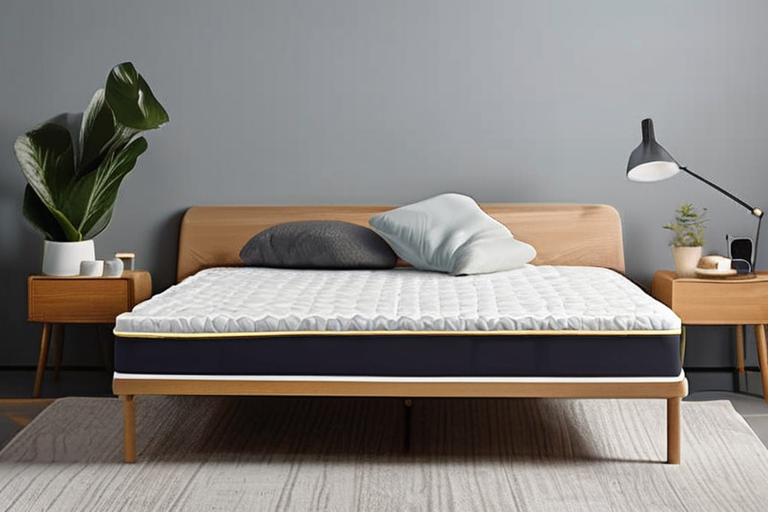



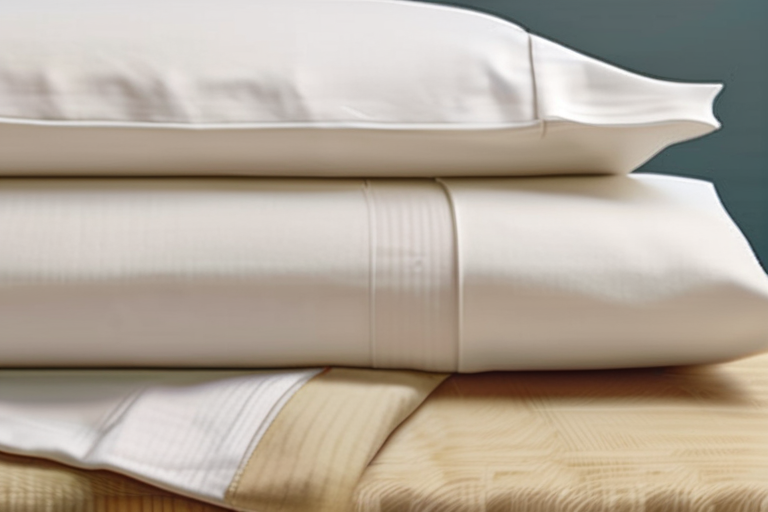
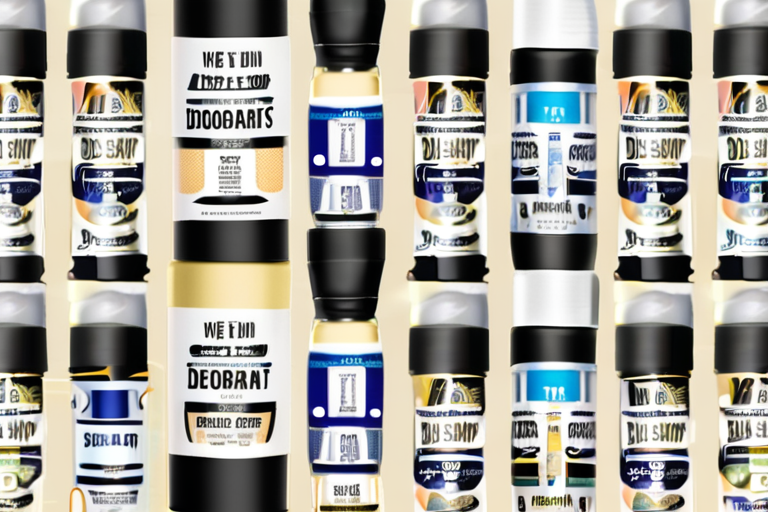

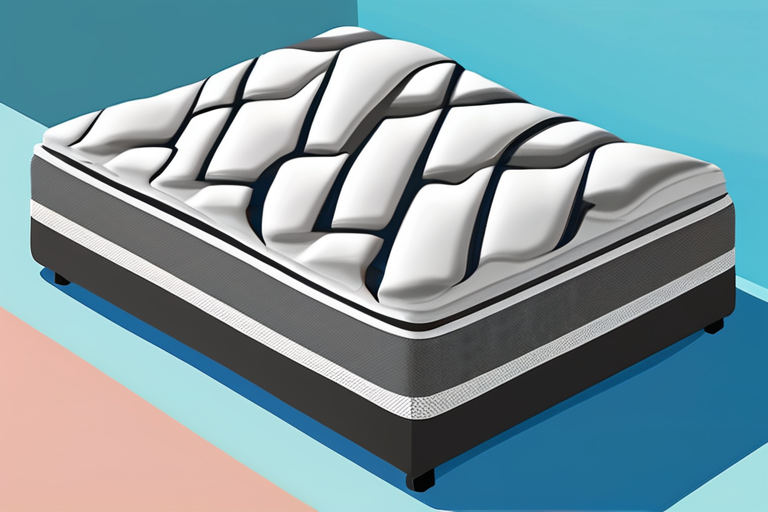


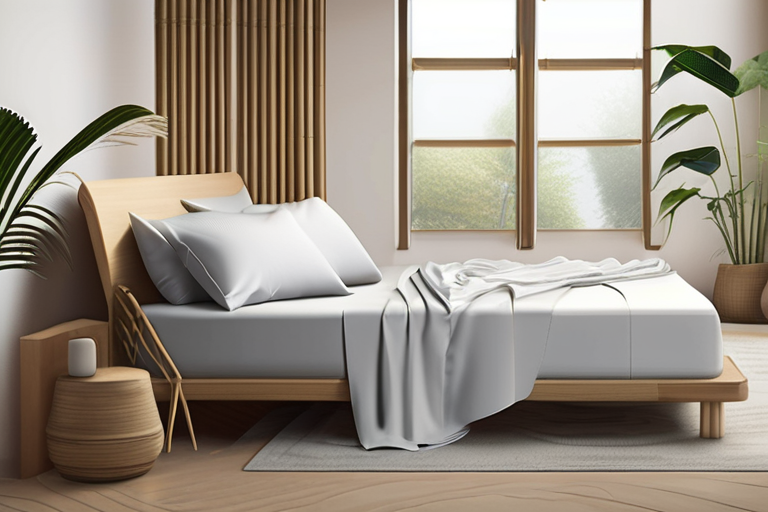
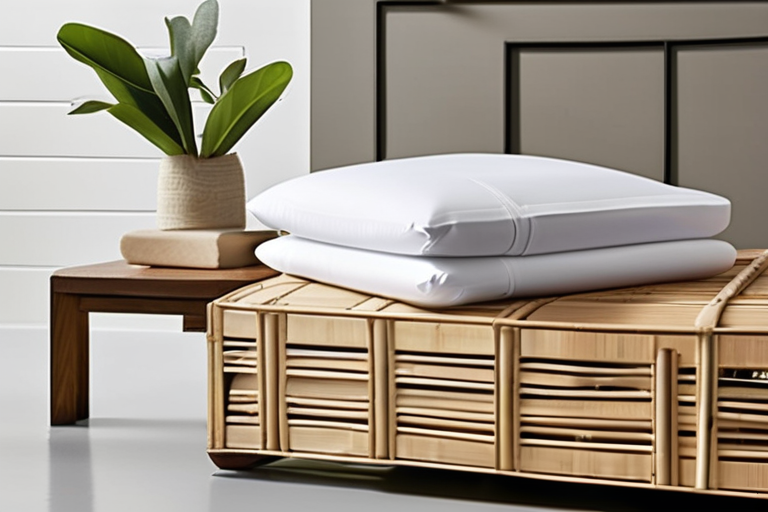


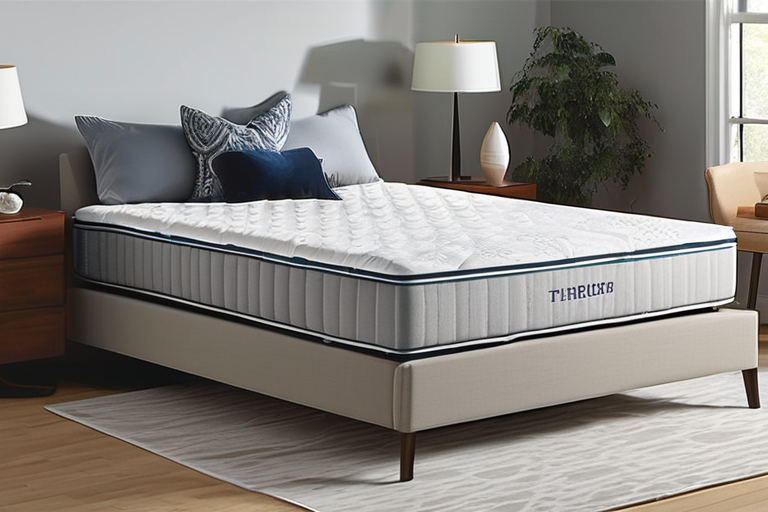
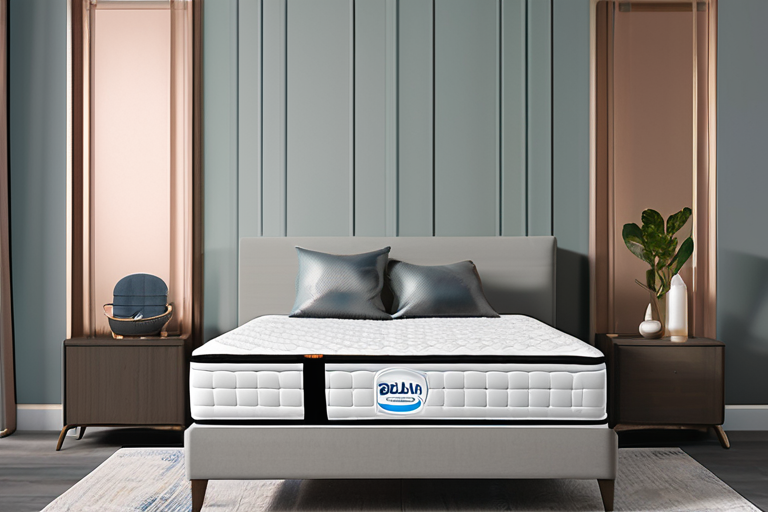
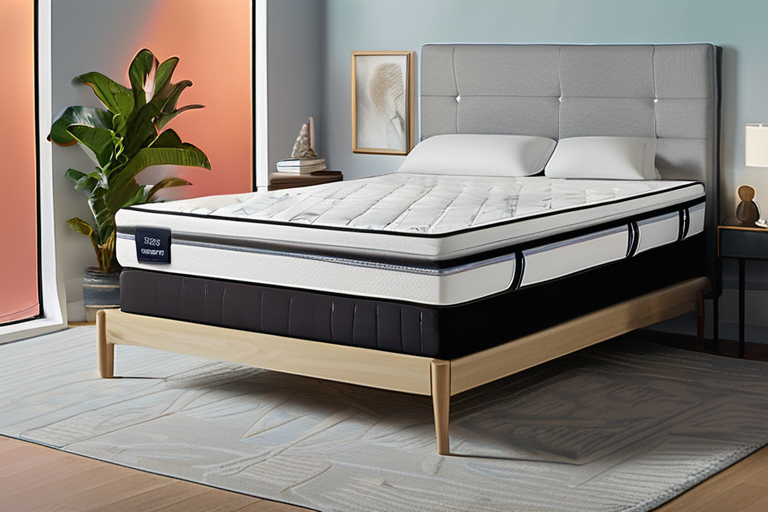
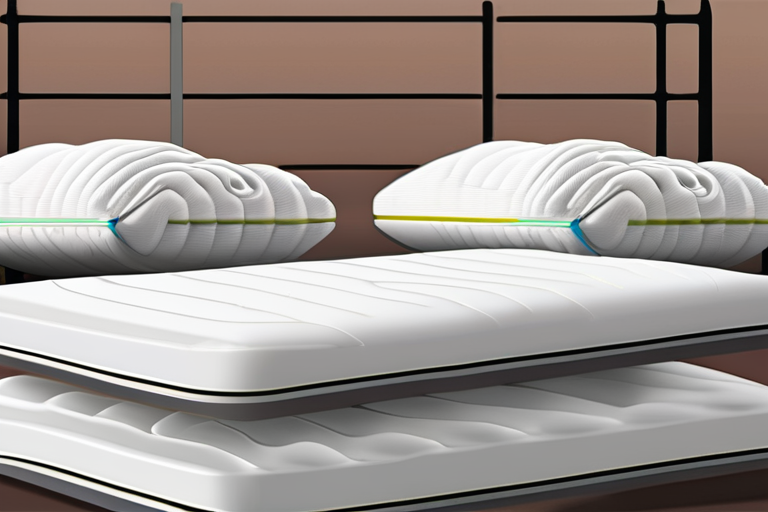
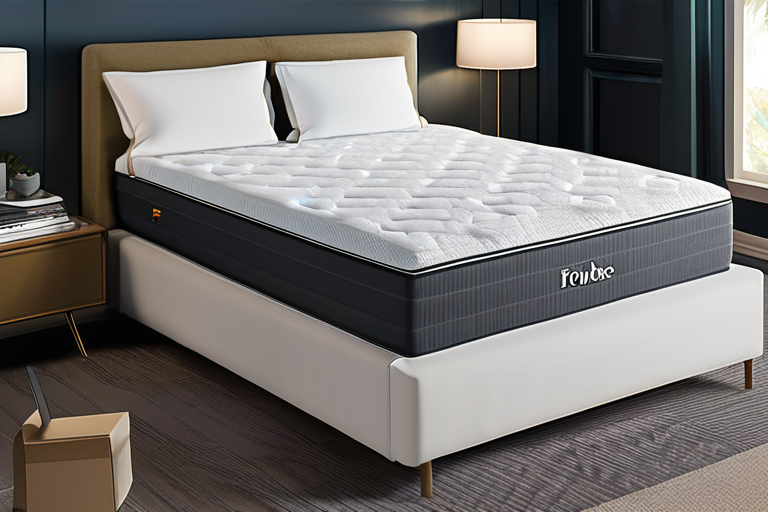
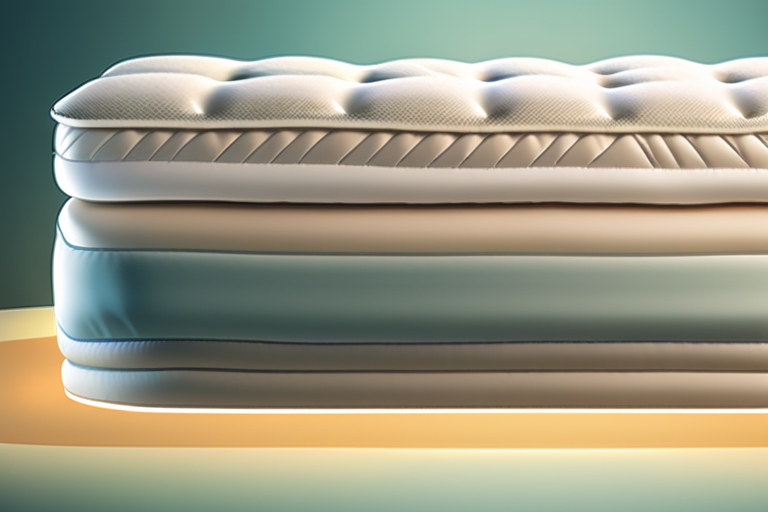







Share & Engage Share
Share this article